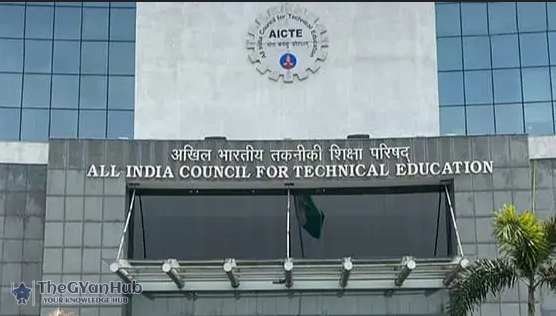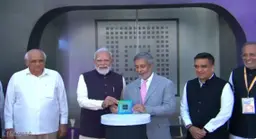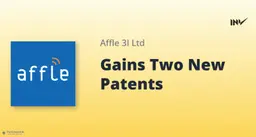I’m a passionate writer who loves exploring ideas, sharing stories, and connecting with readers through meaningful content.I’m dedicated to sharing insights and stories that make readers think, feel, and discover something new.
Introduction to AICTE's New Guidelines
The All India Council for Technical Education (AICTE) has recently announced a significant change in the admission process for PhD programs in engineering and technology. Under the new guidelines, interviews will no longer be a part of the selection process. This move is expected to simplify and streamline the admission procedure, making it more accessible for aspiring candidates.
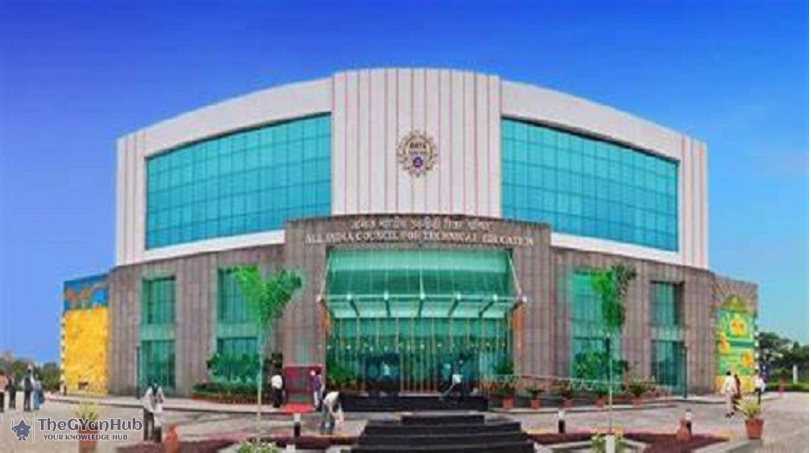
Reasons Behind the Change
The decision to remove interviews from the PhD admission process is driven by the need to create a more objective and transparent system. Interviews, often subjective, can lead to biases and inconsistencies. By focusing on academic performance and research proposals, AICTE aims to ensure a fairer evaluation of candidates.
Impact on Candidates
For many candidates, the removal of interviews is a welcome change. It reduces the stress and uncertainty associated with the interview process. Candidates can now focus on strengthening their academic records and research proposals, which will be the primary criteria for selection.

Reactions from the Academic Community
The academic community has shown mixed reactions to this change. While some educators believe it will lead to a more merit-based selection, others worry about the loss of personal interaction that interviews provide. However, AICTE assures that the new process will maintain high standards of selection.
Future Implications
This change could set a precedent for other educational bodies in India. If successful, it might encourage similar reforms in other fields of study. The focus on objective criteria could enhance the overall quality of PhD candidates and research output in the country.
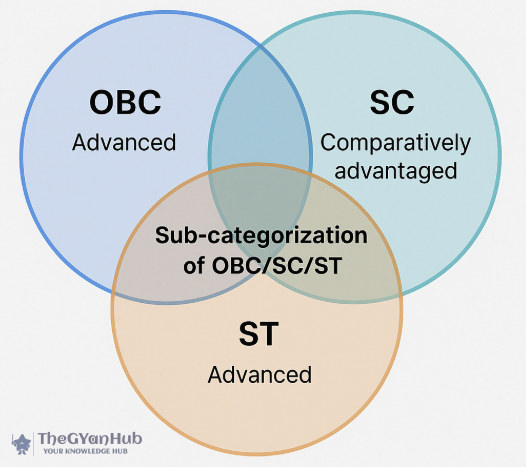
Conclusion
AICTE's decision to eliminate interviews from the PhD admission process in engineering and technology marks a significant shift towards a more streamlined and objective selection system. While it has its pros and cons, the overall impact is expected to be positive, fostering a more equitable academic environment.
Further Reading
Related articles in this category
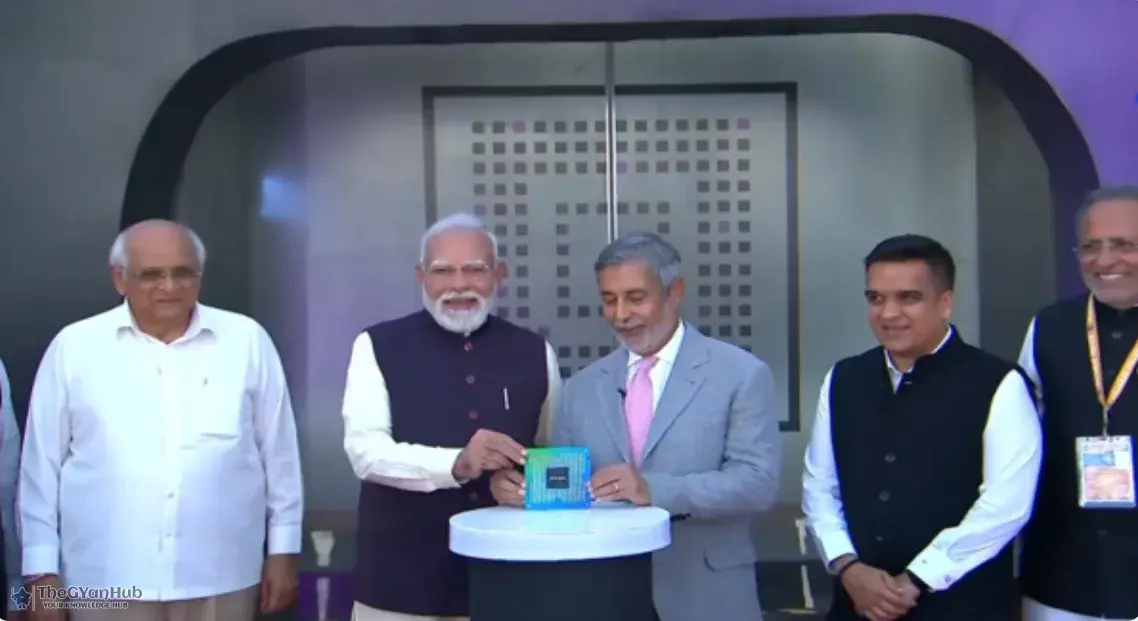
World News
PM Modi Unveils Micron's State-of-the-Art Facility in Gujarat, Paving the Way for India's Semiconductor Future
February 28, 2026
Prime Minister Narendra Modi inaugurated Micron's advanced semiconductor facility in Sanand, Gujarat, marking a significant step in India's pan-India semiconductor mission. This initiative aims to bolster the country's position in the global semiconductor supply chain.
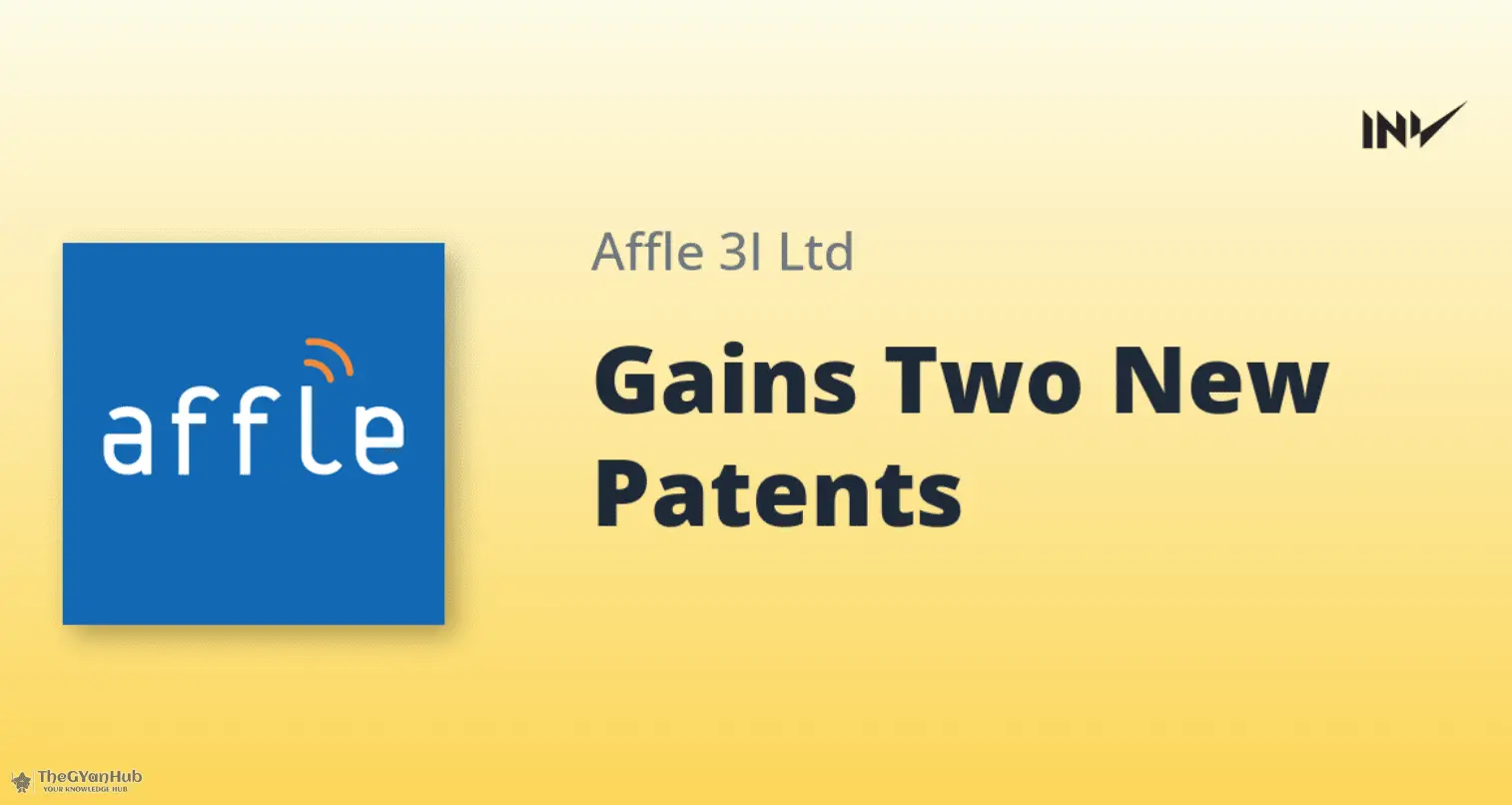
World News
Affle 3i Limited Secures Two New Patents in India for Innovative Advertisement Technology
February 28, 2026
Affle 3i Limited has been granted two new patents in India, enhancing its capabilities in advertisement technology. This development signifies a major step forward in the company's innovative approaches to digital marketing.

World News
Bill Clinton Testifies: 'I Saw Nothing, Did Nothing Wrong' in Epstein Files
February 27, 2026
In a recent deposition, former President Bill Clinton asserted his innocence regarding the Epstein files, stating, 'I saw nothing, and I did nothing wrong.' This statement has sparked discussions and debates across various platforms.
AICTEPhD admissionsengineeringtechnologyeducation guidelinesIndiaacademic reformshigher educationresearchacademic performance
